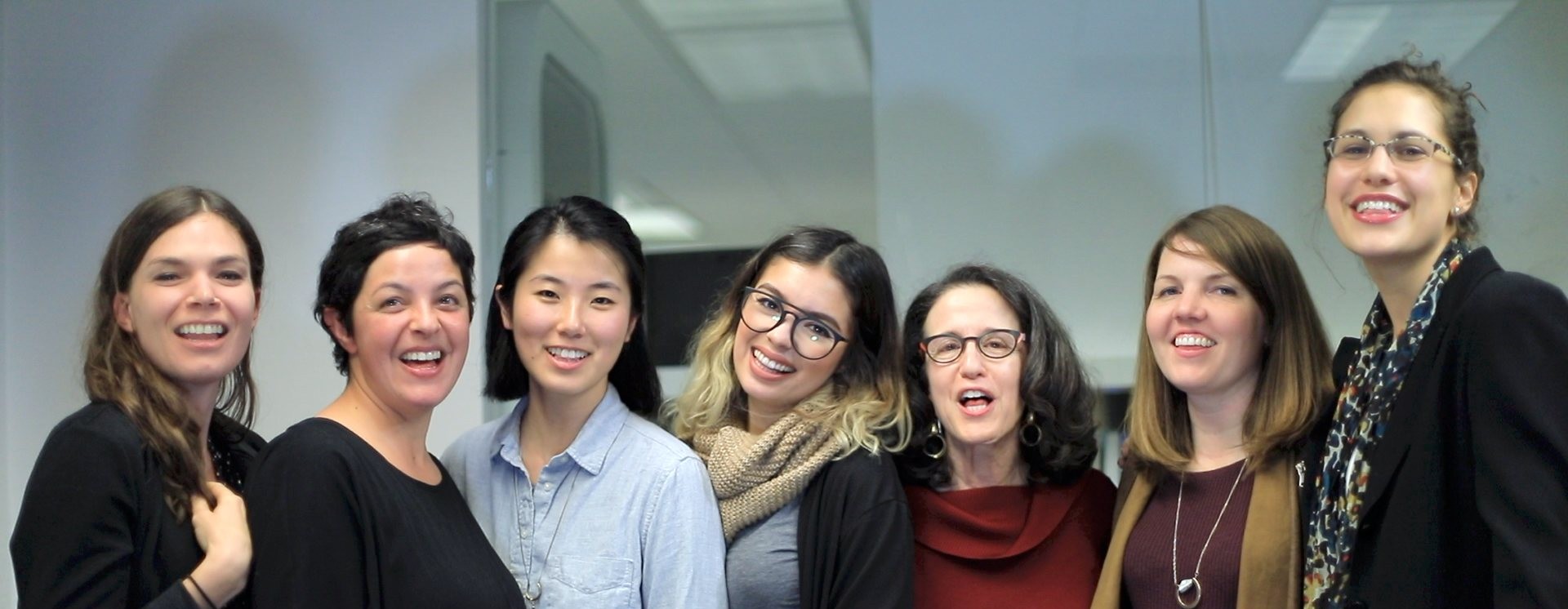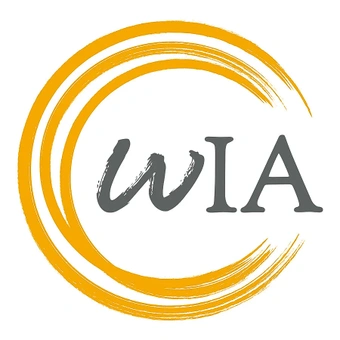ICTJ Consultant - Dutch MFA Grant Evaluator

Skoll World Forum
This job is no longer accepting applications
See open jobs at Skoll World Forum.See open jobs similar to "ICTJ Consultant - Dutch MFA Grant Evaluator" The Women’s Impact Alliance.TERMS OF REFERENCE: Mid-term evaluation for core and designated support of the International Center for Justice
PURPOSE
The International Center for Transitional Justice (ICTJ) seeks the services of a consultant to conduct a midterm evaluation pursuant to a core grant funded by the Ministry of Foreign Affairs of the Netherlands (Dutch MFA), covering April 1st, 2022-March 31st, 2024. The overall objective is to assess the success of ICTJ’s work and leverage findings to improve the interventions for the remaining period of the grant. This evaluation’s report will be provided to the Dutch MFA and other external partners of ICTJ. ICTJ and the Dutch MFA expect findings that can help stakeholders (including other key partners of the organization) understand if and how ICTJ’s work contributes to change (or doesn’t) and to provide actionable recommendations to improve its interventions.
BACKGROUND
ICTJ was created in 2001 to help societies design and implement transitional justice approaches when dealing with the legacy of massive human rights abuses and pursuing the search of sustainable peace. Since then, ICTJ has been instrumental in the consolidation of the “field” of transitional justice in terms of policy, academia, and practice. With expertise generated in nearly 20 years of operation in over 50 countries, including in central Asia and post-Soviet states, ICTJ has become the leading actor in the transitional justice field in terms of experience and a context-specific and comparative approach, elevating global discourse on the practice of justice. ICTJ draws on institutional knowledge; local and regional knowledge of our country office staff; and dedicated expert support and research capacity.
ICTJ works across society and borders to challenge the causes and address the consequences of massive human rights violations. We affirm victims’ dignity, fight impunity, and promote responsive institutions.
How we work:
· We partner with victims and activists. Victims’ rights are an essential component of transitional justice and thus are at the heart of ICTJ’s work. We work with survivors of widespread human rights abuses to build their capacity to articulate demands for justice and ensure that they have a say in shaping policies that affect them.
· We advise governments and those in power. When governments, judicial authorities, or international agencies resolve to create laws, policies, and institutions to provide a response to massive human rights violations, ICTJ is the “go-to organization” for insightful and informed analysis and advice, and other forms of technical assistance.
· We provide comparative expertise to the international community. As an organization that simultaneously works directly in the field, conducts research, and informs thinking at the global policy level, we leverage our ability to articulate lessons learned and identify emerging patterns from our fieldwork, to produce relevant and timely knowledge through research and analysis, to develop innovative approaches, and to deliver timely information and policy recommendations.
ICTJ is incorporated as a not-for-profit corporation in the State of Delaware (United States) since March 27th, 2001. ICTJ is classified by the United States Internal Revenue Service as a “public charity” under section 501(c)(3) of the Internal Revenue Code, since June 2002.
SCOPE OF WORK
The evaluation will cover work done by ICTJ, focusing on ICTJ’s function to empower domestic organizations (victims’ groups, national civil society organizations, associations, women groups, youth movements, etc.) and promoting their active and meaningful participation in transitional justice processes. For this evaluation the donor and ICTJ have pre-selected the following three country programs as a relevant sample of ICTJ’s work: Colombia, Syria and Uganda.
Evaluation Criteria and Key Evaluation Questions:
The consultant is expected to address the key evaluation questions below and provide recommendations for improving project effectiveness and sustainability going forward. This evaluation will follow the OECD-DAC evaluation criteria. and follow quality guidelines of the Dutch MFA IOB. While all OECD-DAC criteria should be considered, we suggest evaluators focus on Sustainability, Efficiency and Effectiveness. Stakeholders of this evaluation are particularly interested in the topic of participation and capacity building, therefore some specific evaluation questions on that topic are included.
Relevance
1. To what extent was ICTJ’s work consistent with the beneficiaries’ requirements?
2. What, if any, is the key added value of the work of ICTJ?
Effectiveness
3. What change, if there is any, did the ICTJ’s work contribute to?
a. At the level of boundary partners and stakeholders involved for specific sample programs selected (Colombia, Uganda and Syria)
b. At the regional or international level?
4. To what extent has the work of the ICTJ contributed to improved victim participation in Transitional Justice processes? -What, if anything, did it lead to?
5. To what extent -if at all- have ICTJ interventions contributed to other forms of victim and grassroot organizations empowerment and capacity development?[1]
Footnote [1] For example: Has ICTJ played a role in establishing networks and coordination platforms? For those organizations who participated in sub-granting arrangements with ICTJ: Have there been any changes in organizational capacity in relation to their participation in sub-granting agreements with ICTJ?
6. How did that change happen? How did it not happen? What can be learned from those processes?
7. What can ICTJ do to ensure its work as a bridge between victims and power in transitional justice is more effective?
Efficiency
8. To what extent does ICTJ work deliver, or is likely to deliver, results in an economic and timely way?
9. How well were the human and financial resources used in proportion to the outcomes achieved?
Impact
10. Have there been other changes that are attributable to ICTJ’s role, long term?
Coherence
11. How compatible has ICTJ’s intervention been with regard to other interventions in the sector, country, or organizations where it is being implemented?
Sustainability
12. To what extent, if any, will the contributions of ICTJ’s intervention regarding participation and empowerment of victims and other beneficiaries last? Are there specific examples/evidence in that regard?
APPROACH AND METHODOLOGY
The Consultant is expected to propose an evaluation design and select the appropriate methodologies for collecting and analyzing results.
DELIVERABLES
Inception Phase (immediately after being hired)
· Develop an Inception report that describes in detail the overall evaluative framework, design, methodology, and protocols for data collection and analysis (this deliverable needs to be approved by ICTJ and the Dutch MFA)
During desk/field work:
· Conduct thorough interviews and other agreed-upon data collection methods
· Store and secure all collected project information from interviews and the like
· Conduct routine check-ins with field staff and the Senior DME Specialist on fieldwork progress
During Data Analysis and Report Writing:
· Keep ICTJ updated on the progress of the evaluation assignment
· Validate with ICTJ emerging evaluation findings and conclusions
By the Deadline (agreed upon contract):
· A final evaluation report. The final report shall include the following sections:
o Executive summary: a paragraph describing the project; a paragraph summarizing the methodological approaches used; key findings including a summary of targets and intended outcomes; a conclusion of the projects’ relevance, effectiveness, efficiency, sustainability, impact, and its contribution towards the attainment of the final goal.
o Methodology: a description of each method used and target groups involved. Methodological constraints, challenges and limitations should also be discussed in this section.
o Findings: a section addressing evaluation questions. The findings can be presented under evaluation criteria or by domains of impact. Findings must be supported by evidence. When evidence relies on perception or feedback of stakeholders interviewed during the evaluation, the consultant must illustrate key findings with selected quotes or careful summaries/translation of statements made by key informants.
o Recommendations
o Annexes: final terms of reference, evaluation schedule, table of project indicators measured, list of people interviewed, list of documents reviewed, acronyms and abbreviations used, and operational definition of terms, etc.
o Evaluators are encouraged to include stories of change based on their findings to illustrate changes identified.
The final report should not exceed 40 pages (without annexes).
SCHEDULE AND BUDGET
Time Frame:
Preparatory work for this evaluation will commence in November 2024; preliminary findings to be presented ICTJ for review in January 2025 and the final report should be submitted in February 2025 (Specific days to be established).
Budget:
Proposals should include an estimate budget and an appropriate number of workdays according to the methodology and approach of their choice.
This estimate budget should include all the costs incurred by the evaluator (e.g. consultant fees and per diem, accommodation, international and local transportation, communication costs, insurance costs, etc.). Relevant ICTJ Country Offices, ICTJ’s HQ, will make their best efforts to assist the consultant schedule virtual meetings and interviews. All evaluation costs shall be paid by the consultant as part of the budgeted amount. The proposal should also include a timeline.
REQUIREMENTS
Key qualifications to successfully complete this consultancy include:
· Solid experience in conceptualizing and conducting evaluations of transitional justice, democracy building, peacebuilding or human rights programs in post-conflict contexts.
· Extensive experience conducting evaluations of complex programs in diverse settings.
· International evaluation experience required.
· An advanced degree in a relevant field.
· Knowledge and experience of relevant contexts preferred.
· Knowledge of transitional justice programs.
· Excellent written and communications skills.
· English proficiency (required), plus Arabic, Spanish or Swahili desired.
HOW TO APPLY
Interested candidates shall complete the application form by November 1st, 2024.
Please be ready to upload the following documents:
· A cover letter, including a summary of your intended approach to the evaluation, daily consultancy rate and estimated budget for this evaluation, including all costs. (Please note you do not need to develop the full methodology section before being hired, a short summary that allows ICTJ to understand your intended approach will suffice).
· CV (teams of more than one evaluator, please upload the CV of the lead evaluator, and other CVs as “other documentation’).
· An excerpt/full report of a previous evaluation report.
· (Optional) Credentials and any other relevant information showing the suitability of the consultant for the assignment.
Contact: Should you encounter any issues, please email hr@ictj.org – include in the subject: “Evaluator Dutch MFA Grant“. Applicants must complete and submit an application form to be considered for the consultancy.

